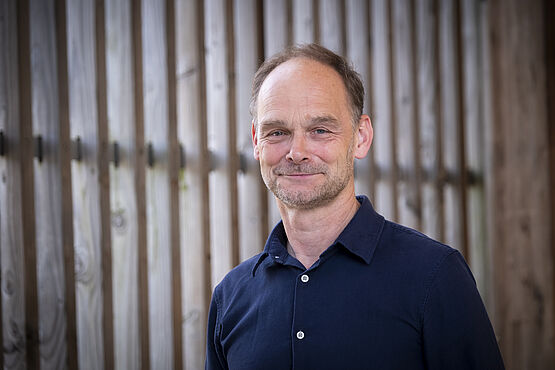Frank Wältring
Main fields of expertise
- Promotion of local innovation systems in rural and urban areas
- Promotion of smart city and smart rural area concepts involving digitalisation aspects
- Learning from and with Germany: Knowledge Transfer from insights of innovative approaches in the German eco-system via study tours, visits and research papers
- Local economic development promotion
- Cluster and value chain promotion
- Promotion of innovative support instruments like innovation hubs, coworking spaces and research labs
Further information about my work and thoughts can be found on www.smartes.land.
Working experience
Since 2004: Partner in Mesopartner
2016 & 2017: Lecturer at Jacobs-University Bremen on Development Economics and Innovation Economics
2007-present: Lecturer at SEPT Master Course from the University of Leipzig in Leipzig, Hanoi and Ho-Chi-Minh-City on the topic of Regional Competitiveness
2003-2004: Private sector development specialist at GTZ headquarters, special focus on Latin America and South-eastern Europe
2001-2003: Junior professional in GTZ private sector development programme in Honduras
1999-2001: Researcher in joint INEF/IDS local cluster and global value chain project, Institute for Development and Peace, University of Duisburg
I am a founder and board member of the Structural Policy Foundation NRW, a network of economic promotion experts from the German Region of Northrhine-Westfalia who are interested in exchanging their experiences and organising interesting events.
Personal background
Born 1968. MA in social science with a specialisation in economics (Duisburg 1999)
Based in Bremen and Elte, Germany
- I was born in 1968 in Elte, a lovely village in West Germany located in the Region of Muensterland
- I always wanted to understand the driving forces of economic and social development in different regions, and the creative factors and pitfalls behind them
- I wanted to get to know other realities outside my village. It provided me with different insights and new perspectives on how to see the world and my work
- It became clear to me that sustainable economic and social growth is the basis for individual and societal satisfaction, creativity, and progress
- After my scientific career, it became clear to me that I wanted to work with and learn from people with different and international experience
- I realised that the experiences of private sector promotion in less-developed regions in the world are very rich. Many donor organisations active in this field face the challenge of promoting economic initiatives in weaker markets under the constraints of low budgets and high political justification. Constraints can lead to innovation. They have led in many cases to a treasure trove of impact-oriented business development experience, market-driven network initiatives, didactical tools and participatory monitoring procedures. Some of these learning experiences can contribute to innovative ways of promoting local economies also in industrialised countries
- I love to experiment with, develop and implement new initiatives for economic development in conjunction with German and international colleagues
- "Think global, act local" is quite a superficial phrase, but for me it became a way of life and work
- I like my way of working, and will localize it further within Germany and the EU in the near future
- That’s why I am also looking forward to living in the countryside again: to be well grounded in a root-based social and working environment!

Contact
Mobile: +49-173-520-65-40 (Skype out)
Follow me on ResearchGate
Further information about my work and thoughts can be found on www.smartes.land

